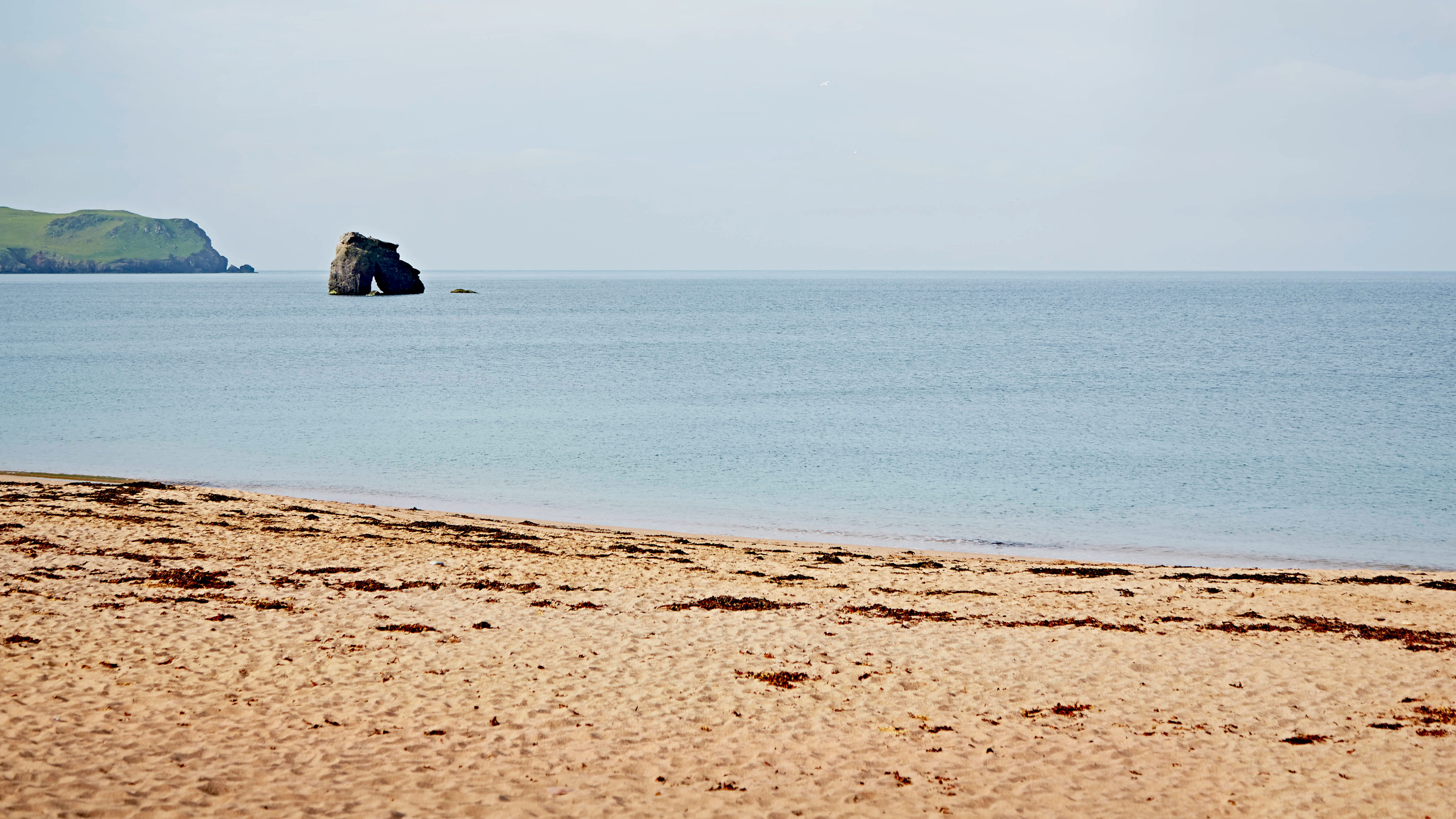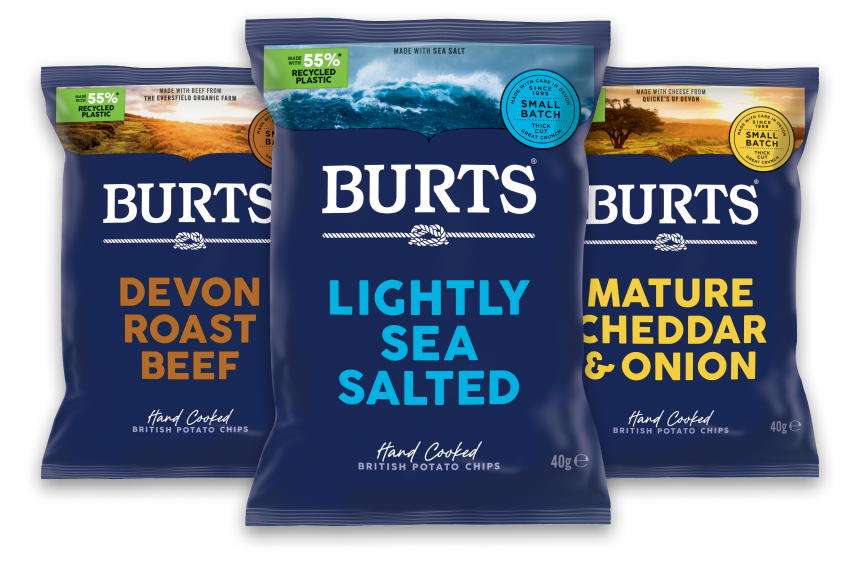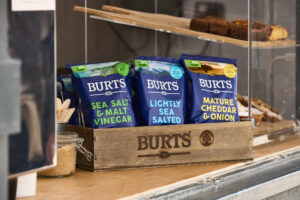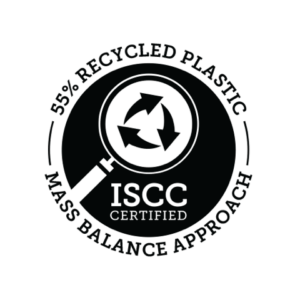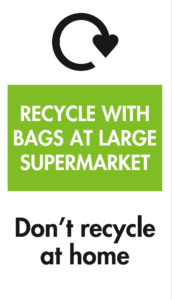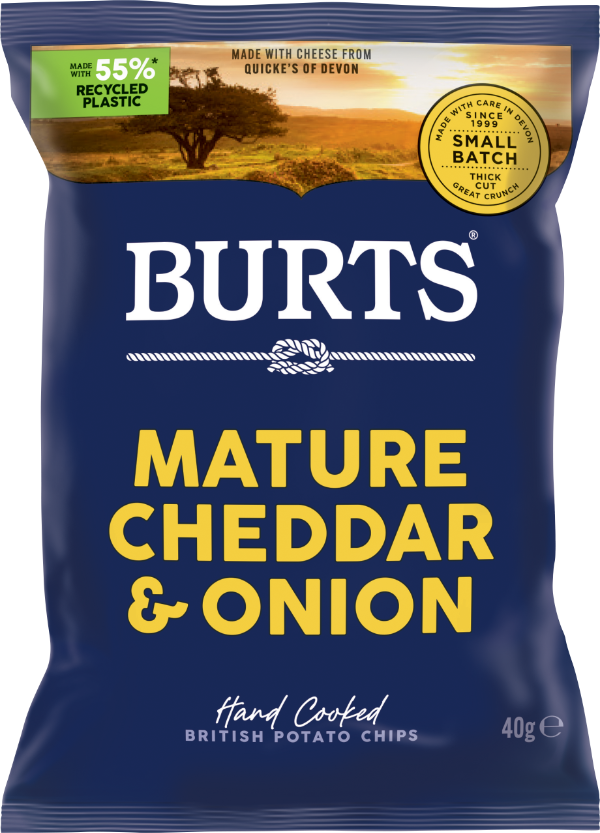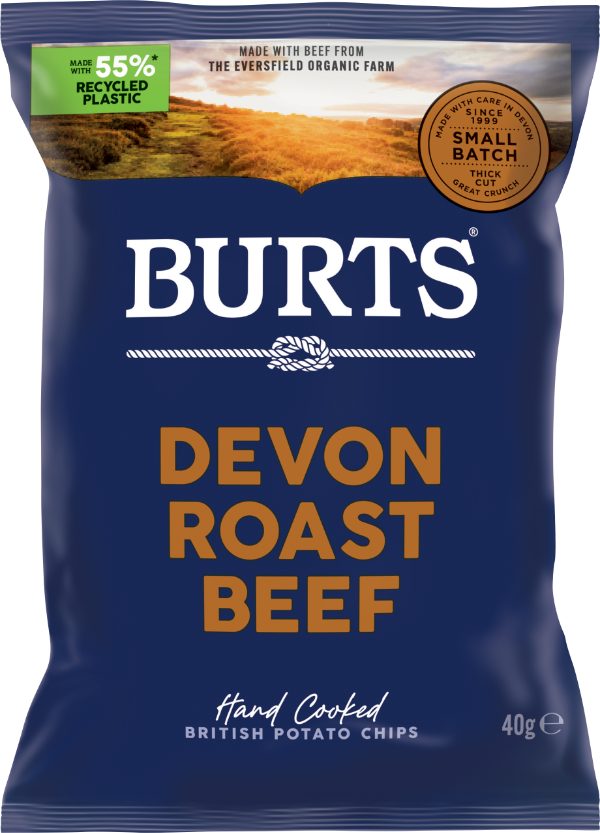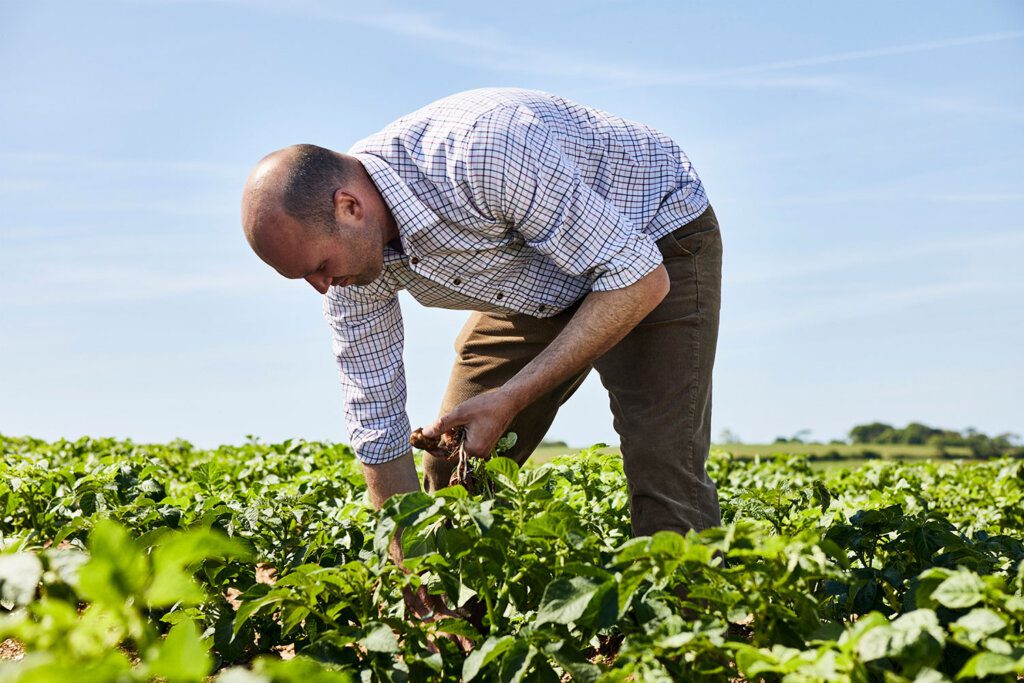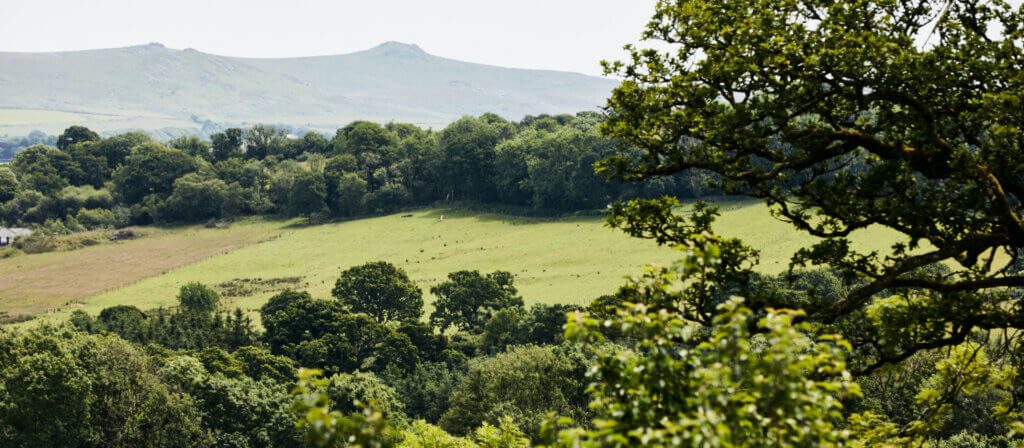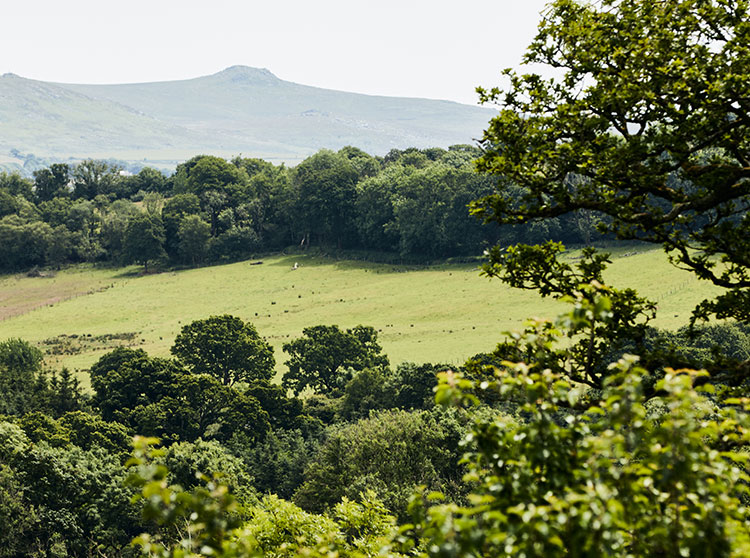WE’RE JUST CHIPPIN’ AWAY
We like proper tasty food made of real, natural ingredients, so we care about doin’ right by the world around us. That’s why we’re always working away at a whole bunch of things to be more sustainable.
We’re well proud of some of the things we’ve achieved so far, but we know we’ve got a ways to go yet.

